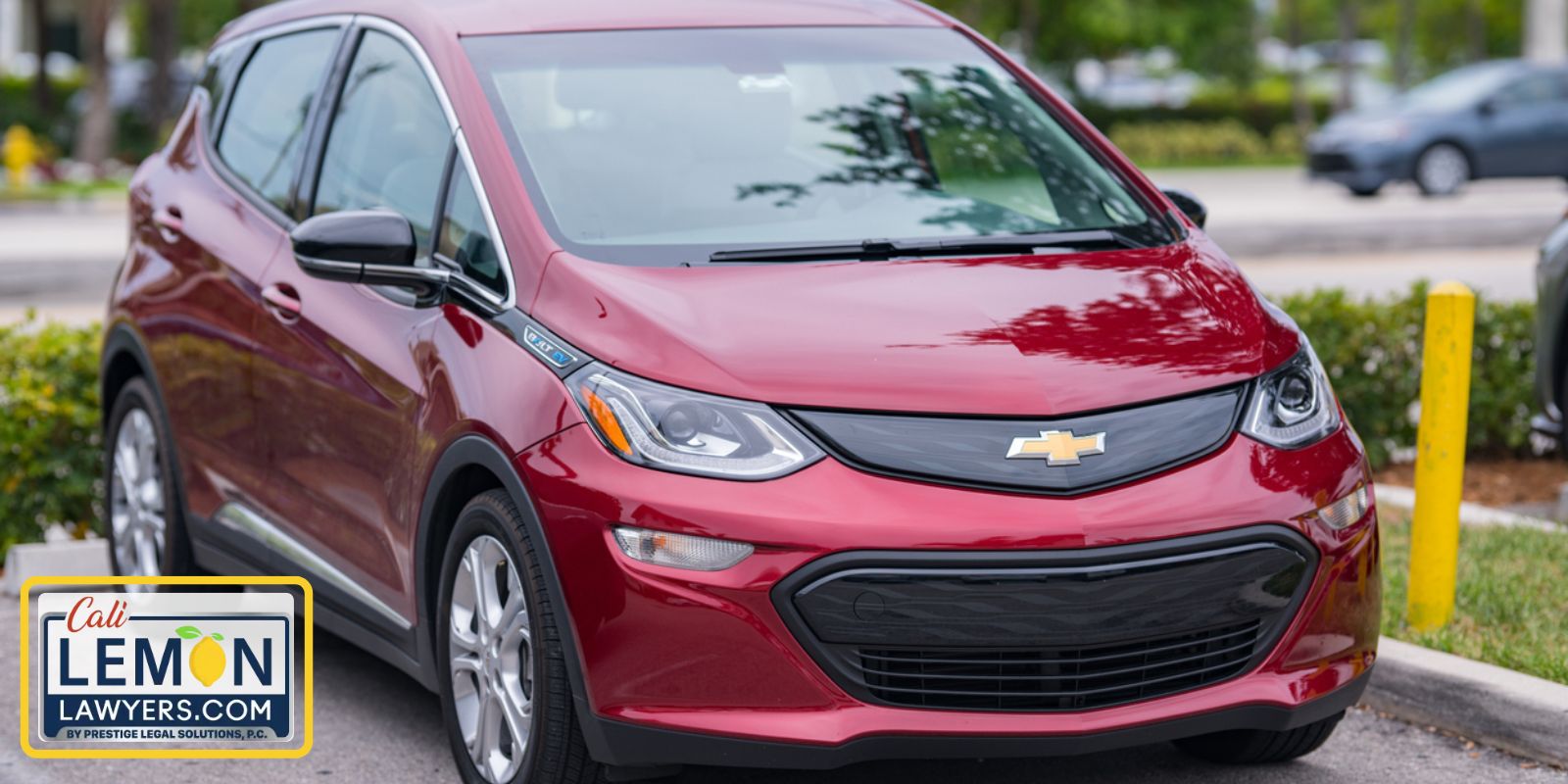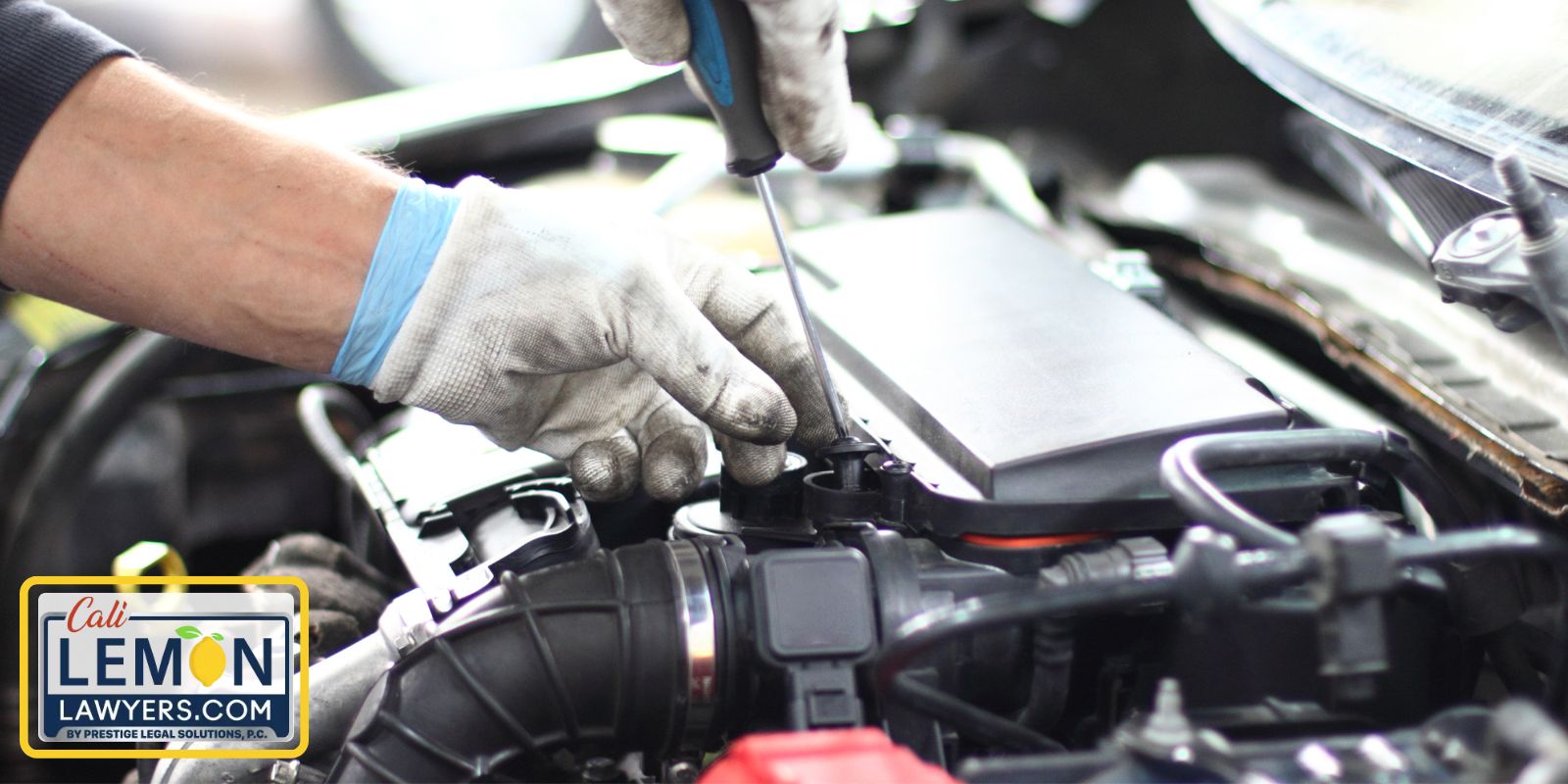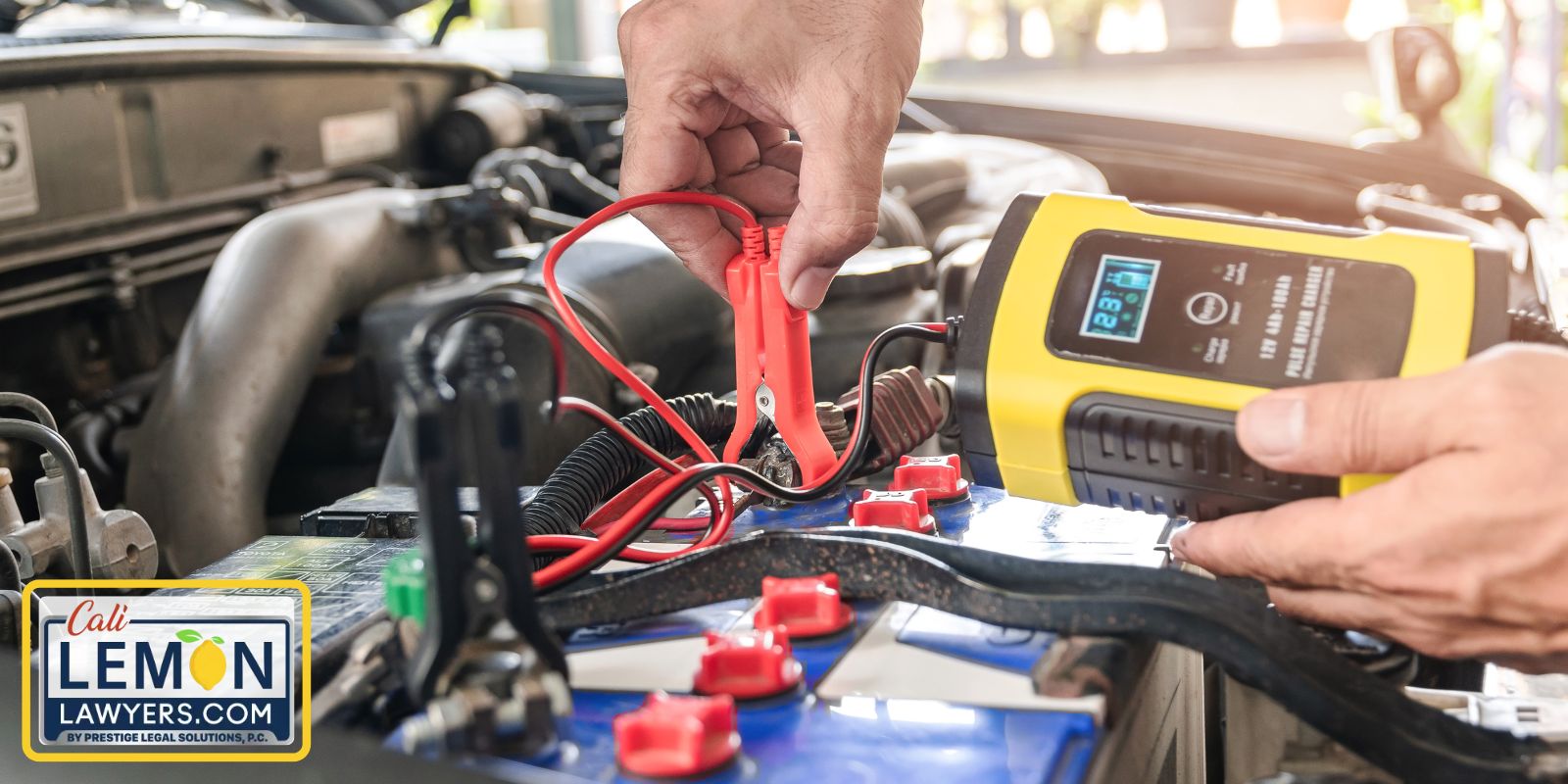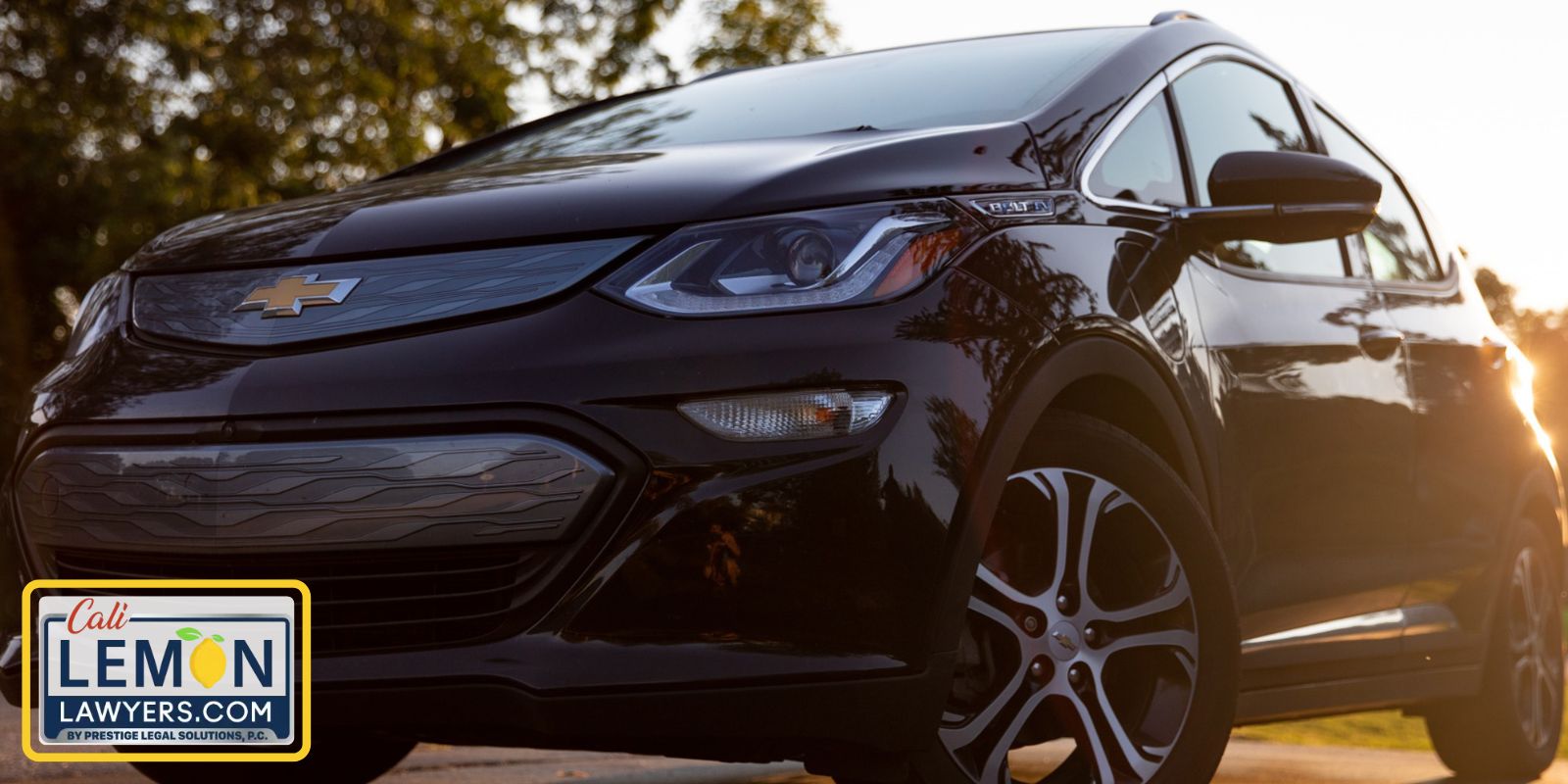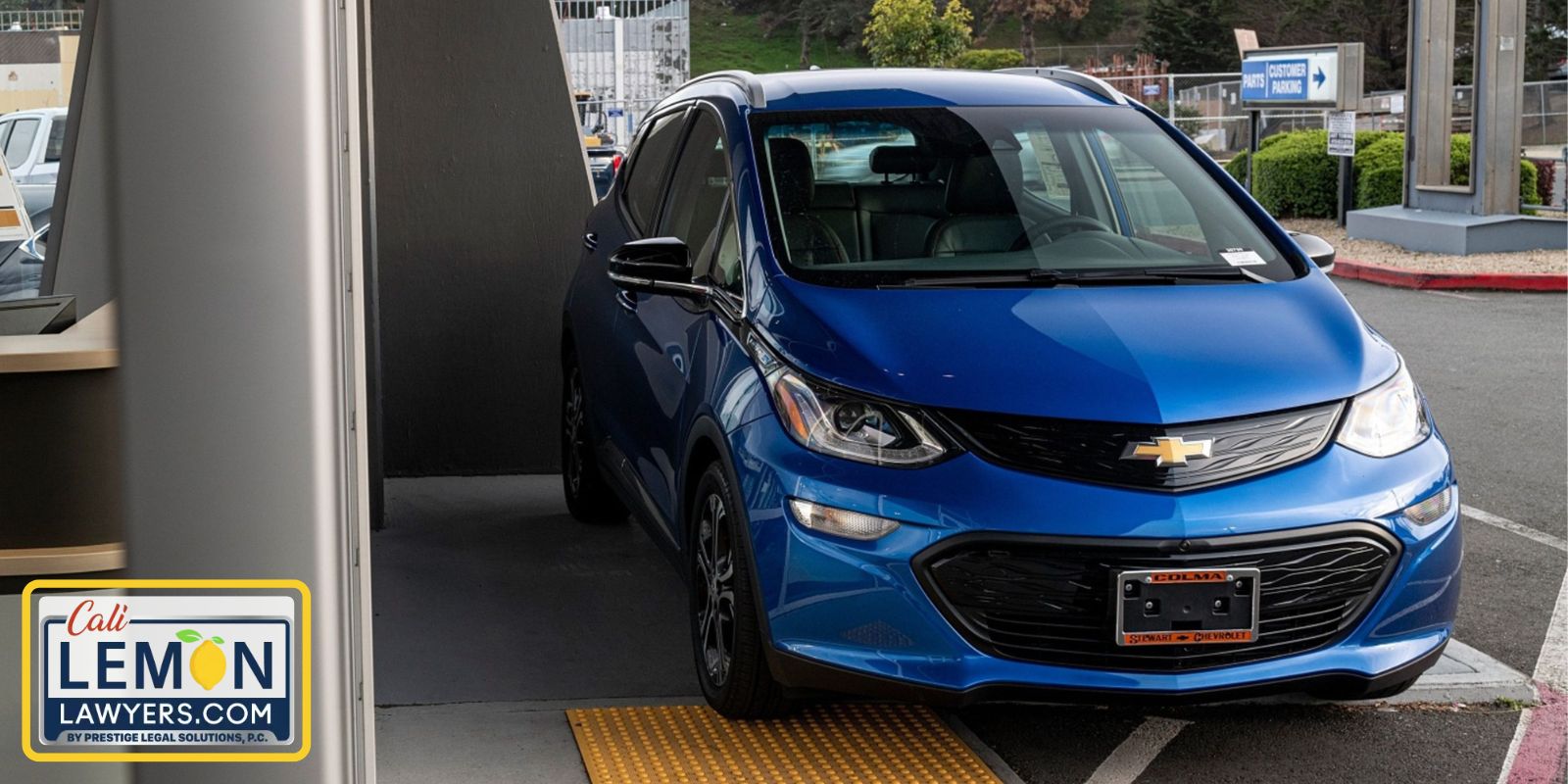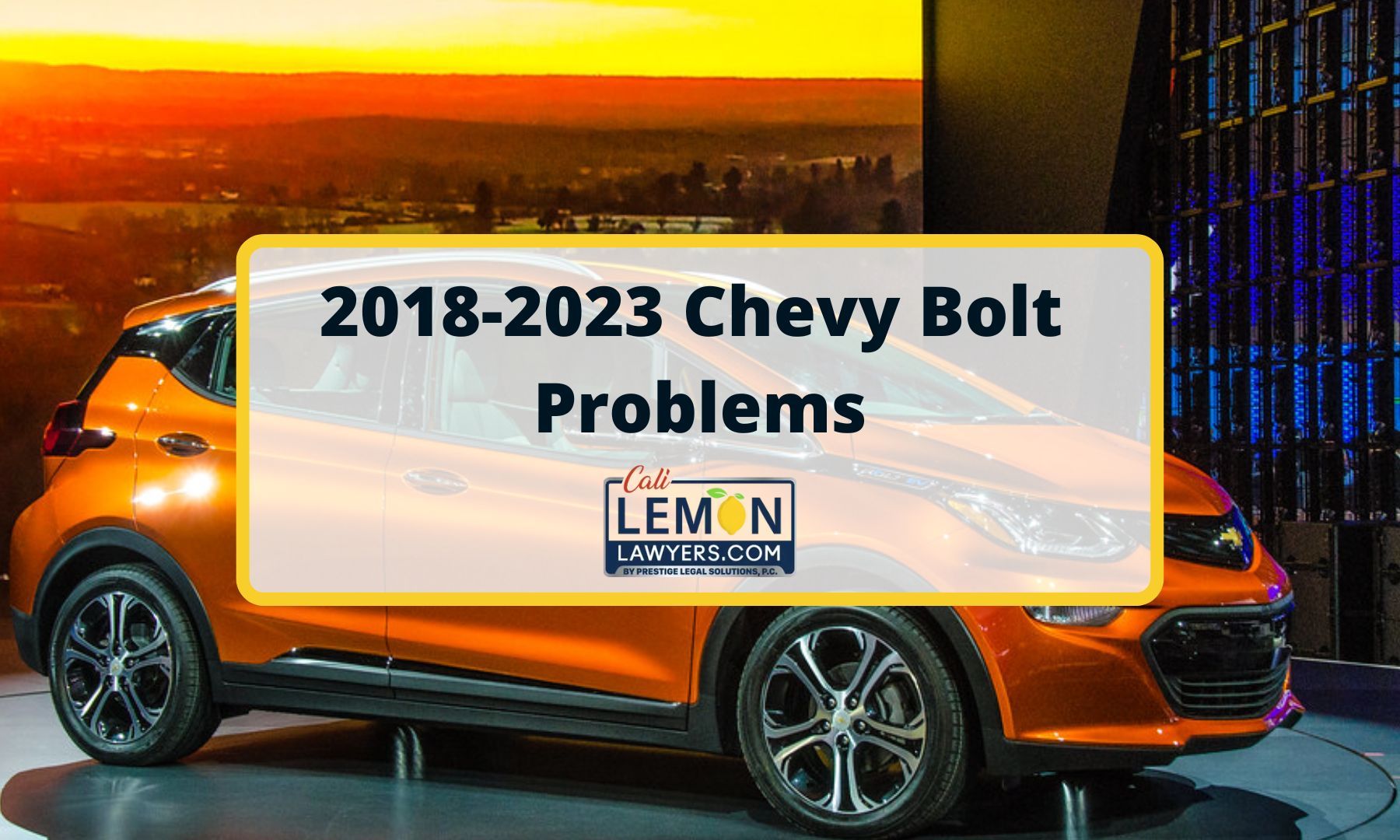
2018-2024 Chevy Bolt Problems
Interested in learning about the most common Chevy Bolt problems that have been reported across the 2018-2023 models? In this article, we’ll take a closer look into the most prevalent issues that Chevrolet Bolt owners have faced since 2018.
The Chevrolet Bolt, also known as the Bolt EV, is a battery-electric subcompact hatchback produced by GM in collaboration with LG Corporation. Since its US debut in late 2016, the Bolt EV has made waves in the electric vehicle (EV) market, quickly becoming the second-best-selling plug-in vehicle in the country by 2017. However, as its popularity has grown, so too have concerns and complaints about common problems.
With the 2023 Chevrolet Bolt now available, many hope that the automaker has addressed these issues and redeemed the model’s reputation. Nevertheless, it is essential for both prospective and current Bolt owners to stay informed about potential problems and their solutions. This comprehensive guide aims to equip you with the knowledge you need to understand and tackle these Chevy Bolt problems head-on, and when necessary, seek recourse under lemon laws for a refund or replacement vehicle.
If you’ve purchased a defective Chevy Bolt you may be entitled to a refund, replacement or cash reimbursement. Please contact our experienced lemon law attorneys at Cali Lemon Lawyers for a free case evaluation.
2018 Chevy Bolt EV Problems
Based on information found on the NHTSA website, there are some serious problems with the Chevrolet Bolt for the 2018 model year.
Car Battery Fires
There have been serious recalls for Bolt vehicles, because of two rare manufacturing defects. It turns out the seat belt pre-tensioner and/or the fully charged battery can lead to a car fire. Until the recall can be performed, GM has requested that owners be careful about driving and where the vehicle gets parked.
Insufficient Braking Performance
Another recall for the 2018 Chevy Bolt says that the rear brake caliper pistons don’t have a sufficient coating on them. This defect leads to a gas pocket that can reduce braking performance. Bolt owners find themselves unable to stop the car before it ends up in a collision.
Powertrain Malfunction
Several drivers have found trouble with keeping consistent speeds while driving the bolt EVs. One user said they were driving on the highway at 65 mph when the vehicle suddenly dropped to 45 mph. At the same time, a warning comes on the dash saying, “Propulsion power is reduced.”
2019 Chevy Bolt EV Problems
The 2019 Chevrolet Bolt didn’t fare much better, according to the NHTSA website. Here are some of the most common complaints.
Same Battery Cell Fire Threat
The same fire risk occurs with the 2019 model. Not only does the seat belt pre-tensioner cause problems, but also the fully charged battery pack. Until the recall can be performed, General Motors has requested that owners be careful about driving and where the vehicle gets parked.
Insufficient Braking Performance
The same braking recall exists for the 2019 model as well, stating that the rear brake caliper pistons don’t have a sufficient coating on them. This defect leads to a gas pocket that can reduce braking performance. Bolt owners find themselves unable to stop the car before it ends up in a collision.
Rear Doors Open On Their Own
Another recall shows that the Bolt has rear doors that can open on their own because the handle cable is too long. If the cable comes in contact with an open window, the rear passengers in these electric cars are in danger.
Steering Malfunction
Several different complaints about the steering of this electric car have been reported. Some users say it becomes hard to steer, while others talk about vibrations. There are even reports where the pinion gear and housing break free while driving, rendering the vehicle useless.
2020 Chevy Bolt EV Problems
While there are fewer complaints on the NHTSA website about the 2020 Chevrolet Bolt electric vehicles, the same dangerous situations exist.
Battery Pack Fire Risk
The 2020 Chevrolet Bolt EVs can still catch fire. Until a preferred Chevrolet EV dealer can perform the recall on the battery packs, GM has requested that owners be careful about driving and where the vehicle gets parked.
Rear Doors Open On Their Own
Additionally, there’s still a recall stating that the Bolt has rear doors that can open on their own because the handle cable is too long. If the cable comes in contact with an open window, the rear passengers are in danger.
Seat Belts Aren’t Attached Properly
Another recall says that the wrong bolts were used in securing the belts. Therefore, the belts can come loose in an accident and fail to restrain passengers.
Failing Brakes
A final recall from GM says that the front left brake caliper can fracture when braking hard because of a manufacturer defect. With all of the safety issues involved with this Bolt vehicle, the last thing a driver needs is to lose braking ability.
2021 Chevy Bolt EV Problems
The 2021 Chevrolet Bolt seems to be doing much better than the older models, yet still has some issues based on the NHTSA website.
Fire Risk
The only recall still remaining from the previous models is the fire risk because of the seat belt pre-tensioner and the fully charged battery with a possible torn anode tab. Until the battery recall can be performed, General Motors has requested that owners be careful about driving and where the vehicle gets parked.
Powertrain Failure
The powertrain of this Bolt seems to have a mind of its own. Owners have had it accelerate and decelerate on its own while driving in traffic. It also failed to restart after these situations, causing owners to need roadside assistance.
2022 Chevy Bolt EV Problems
Based on the NHTSA website, the 2022 Chevrolet Bolt EV has fewer complaints than any of them, but still seems to be plenty dangerous.
Fire Risks
General Motors recalled even the most recent models because of the threat of a car fire because of defective battery modules. It hasn’t been resolved yet. Until the recall can be performed, GM has requested that owners be careful about driving and where the vehicle gets parked.
Air Bag Failure
GM recalled the 2020 Bolt because two fasteners that secure the front air bag on the driver’s side are missing pieces. It is not properly secured to the steering wheel and will not deploy during a crash in affected models.
Car Shifts Into Park
A very serious complaint has come forward about the powertrain in the 2022 Bolt. In particular, one user stated that when pulling up to an intersection, the car automatically put itself in Park and wouldn’t shift back out. The car displayed a warning saying, “Conditions Not Correct for Shift,” and it needed to be towed.
Chevrolet Bolt EV Reviews
Is the Chevrolet Bolt EV a good electric vehicle? It may look stylish and offer a high-tech cabin, but it has been riddled with defects, including the chance of a vehicle fire because of the battery cells. Let’s look at what a few of the most reputable publications have to say about recent models.
Car and Driver has said of the 2023 Chevrolet Bolt, “The big change for the 2023 Chevy Bolt is a $5900 price drop versus the 2022 model—which brings its MSRP down by whopping $10,900 from the 2021 model for essentially the same car. This massive price cut Chevy is intended to keep the Bolt’s cost competitive now that the company has produced enough electric vehicles that it has lost the $7500 federal tax credit could be applied to its EVs. It’s also a balm to the Bolt’s reputation, which suffered a hit when the company issued a recall in the fourth quarter of 2020 for every Bolt the company had produced to fix a battery issue with the potential to cause a fire.”
Edmunds doesn’t talk about the EV catching fire, but further says, “The 2023 Chevrolet Bolt isn’t necessarily an electric vehicle you will get excited about. The Ford Mustang Mach-E and Hyundai Ioniq 5 are more powerful and stylish, for example, and the Hyundai Kona Electric and Mini Cooper SE are a bit more fun to drive.”
Is the Chevrolet Bolt a Reliable EV?
RepairPal doesn’t have reliability information on the Chevy Bolt yet. However, it does have rankings of the Chevrolet brand overall.
- Chevy reliability rating is 3.5 out of 5.0 – putting it 20th out of 32
- Annual repair cost for the brand is $649, higher than average
- Vehicles average 0.3 visits to the shop every year
- 15% probability of problems being severe
Based on the Bolt recalls and malfunctions we’ve outlined, we imagine the reliability is even less than mainline Chevy vehicles.
Best Chevy Bolt Models To Drive
It’s difficult for us to recommend any of the Bolt models as an EV. There have been so many disastrous faults, including the Bolt fires, and many of them have taken years to be resolved, if they ever get dealt with at all. If you are going to try a Bolt, you may prefer a newer one. It won’t be long before we know how these model years hold up. There’s also the option to choose a Chevy Bolt EUV.
Chevy Bolt Lemon Lawyers
Are you driving a lemon EV? As one of the top Chevy lemon lawyers in California, our team has experience evaluating over 40,000 cases. With us, it’s easy and affordable to compensated. Our team fights for you as we would ourselves.
If you’ve had your Chevrolet Bolt to the dealership for the same repairs multiple times without a resolution, it’s time to contact us. You need to learn about Chevy Lemon Law relief. Call now and receive compensation for your defective cars.

